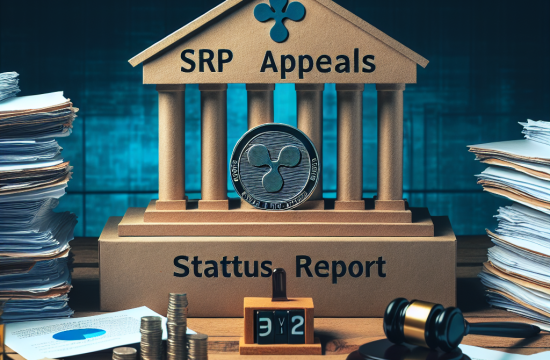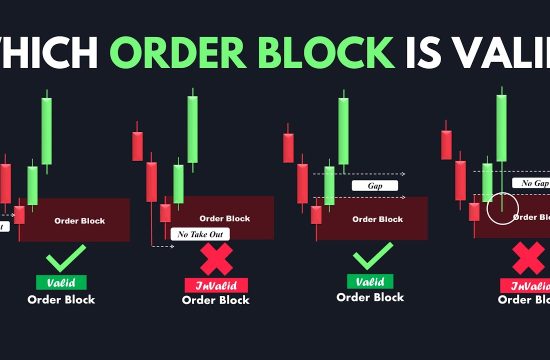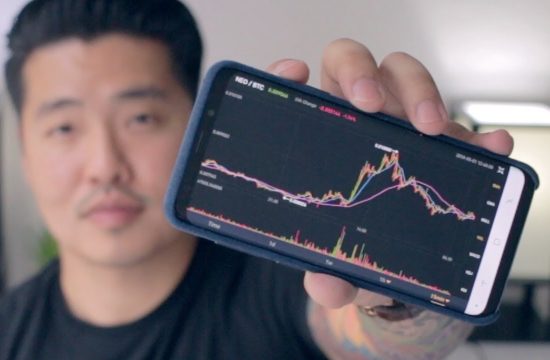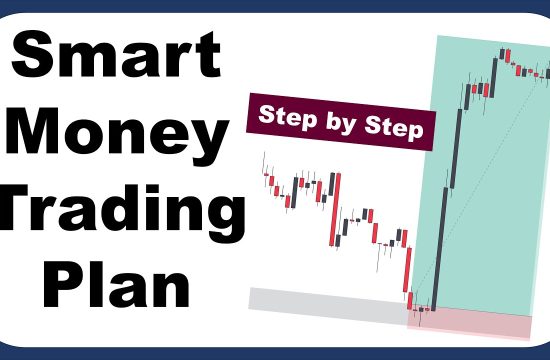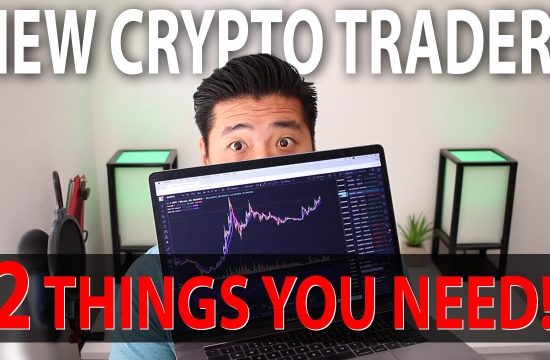Research Tools
Understanding Market Trends
When I first dove into Bitcoin trading, one of the most eye-opening moments was understanding market trends. Trust me, this is where the magic happens. You’ve got to get cozy with resources like CoinMarketCap or TradingView. They’re like your GPS for navigating the intricate world of crypto.
What I’ve found invaluable is regularly checking price charts and market data. These tools not only show you the current price of Bitcoin but also a rich history of its price movements. It’s essential to analyze these patterns—trust me, you’ll get a feel for when the market is bullish or bearish.
Don’t forget to follow top news sources, too! Websites like CoinDesk or CryptoSlate give you insights into what’s shaking in the world of crypto. They can help you predict potential price shifts based on upcoming regulations or tech developments. That info is gold!
Technical Analysis Tools
Now, if you want to take your game to the next level, you gotta be in love with technical analysis tools. For me, using platforms like TradingView has become a second nature. It’s like being handed the playbook to the stock market!
Technical indicators like the Moving Average or RSI (Relative Strength Index) have helped me a ton. They’re not just numbers; they help tell a story about where Bitcoin is headed. The key here is practice. The more charts you analyze, the better you’ll get at reading them.
But remember, no tool is perfect! Combining multiple indicators often gives a clearer view. So, don’t just rely on one. Mix, match, and figure out what works best for you. It’s a fun trial-and-error process!
News Alerts and Updates
Staying up-to-date on news and updates is like having a secret weapon in your trading arsenal. I’ve signed up for news alerts with various platforms—CoinTelegraph is a fave of mine. Getting timely news helps me make quicker, informed decisions.
Sometimes the market reacts instantly to news, and being the first to know can save you from losses or even boost your profits. I can’t count how many times I’ve made quick moves right after reading something critical. It’s all about being plugged in.
Twitter can also be a great resource. Following key figures in the crypto space keeps me informed, often in real-time. You’ve gotta sift through the noise, but with a little practice, you’ll find the gems!
Trading Platforms
Selecting the Right Exchange
Choosing the right trading platform is crucial. Early on, I made the mistake of trying to use every platform out there. Spoiler alert: that doesn’t work! Settle on a few reputable exchanges like Binance or Coinbase.
What I look for in an exchange is user experience, fees, and security. The last thing you want is a platform with sketchy security protocols—that’s a hard no from me. Make sure your chosen platform has two-factor authentication and a good reputation.
Also, consider the trading options available. Some platforms offer unique trading features like margin trading or futures contracts. If you’re interested in leveraging your trades, make sure you find a platform that accommodates that.
Understanding Fees
Listen, fees can eat into your profits like a hungry troll! So understanding how they work is essential. Each platform has its own fee structure, and it can get pretty confusing. I recommend reviewing the fees before diving in.
There are trading fees, withdrawal fees, and sometimes even deposit fees. It’s wise to keep an eye on these costs—they can stack up fast! I usually factor those fees into my trading plan so they don’t bite me later.
Look for exchanges that offer promotions or fee discounts for trading higher volumes. It can significantly impact your bottom line, especially if you trade frequently. Always be on the lookout for those sweet deals!
Security and Safety Measures
When I talk to newcomers about trading, I always stress the importance of security. The crypto world has its share of scams, hacks, and tricks. Make sure your platform has robust security measures—it’s non-negotiable!
Using cold storage wallets to keep your Bitcoin safe is something I swear by. Wallets like Ledger or Trezor offer high levels of security. You really want to keep your coins off exchanges where possible to minimize risk.
Enable two-factor authentication (2FA) on all your accounts. It’s a pain sometimes, but it adds an extra layer of safety. Trust me, you’ll thank yourself later when you have that peace of mind about your assets.
Risk Management Tools
Setting Stop-Loss Orders
One of the first lessons I learned in trading was the importance of stop-loss orders. They’re like having a safety net for your trades. When you set a stop-loss, it automatically sells your Bitcoin at a specific price to limit your losses.
When I first started trading, I was hesitant about setting them. I’d think, “Nah, it won’t drop that low!” Spoiler alert: it often did! Now, no matter the market hype, I always set a stop-loss. It’s just smart trading.
Play around with your stop-loss limits. Setting them too tight might result in getting spooked and selling when it’s just a minor fluctuation. But too loose, and you risk bigger losses—find that sweet spot that works for your trading style!
Portfolio Diversification
Let’s chat about diversification. It’s a concept at the heart of smart investing, and I’m a huge advocate. Just as you wouldn’t put all your eggs in one basket, don’t put all your funds into Bitcoin alone. Mix it up!
Spreading your investments across various cryptocurrencies can help manage risk. Just look at the altcoin market—it’s expanding daily. Each coin has its unique advantages and disadvantages, and having a mix means you’re not overly exposed to one asset class.
Of course, this doesn’t mean going wild and investing in 20 different coins either. I usually focus on a few well-researched options. It’s about finding balance and taking calculated risks for me!
Regular Assessment and Adjustment
Trading isn’t a set-it-and-forget-it kind of deal. Regularly assessing and adjusting your strategies is key. I often find myself reviewing my portfolio to see what’s done well and what hasn’t.
Setting specific times, like weekly or monthly check-ins, to evaluate performance helps keep you sharp. In those reviews, look at your gains but also your losses. Learning from both will only strengthen your future trades.
And hey, don’t be afraid to pivot! If something isn’t working, change it up. The crypto market is dynamic, and flexibility is crucial for long-term success. Adapting to changes is part of the game and can lead to better outcomes.
Community and Networking
Joining Online Forums
When I first got started, joining online forums like Reddit’s r/Bitcoin or Bitcointalk opened my eyes to the community’s wealth of knowledge. There’s an active group of both newbies and seasoned traders sharing their insights.
Participating in discussions, asking questions, and learning from others’ experiences has been a game-changer for me. The crypto community can be extremely supportive, and you might even make some trading buddies along the way!
Just remember to approach with a critical mind—there’s a lot of info out there, and not all of it is accurate. But filtering through the chatter can lead to valuable tips and insider knowledge that can really boost your trading game.
Networking with Other Traders
Build your network! Connecting with fellow traders has been one of the most rewarding aspects of my Bitcoin journey. Attend local meet-ups or virtual webinars. You’ll learn from others and find out new strategies that you might not have come across otherwise.
It’s also a great way to stay motivated. Sometimes, trading can feel isolating, so sharing your wins and losses with others can help you feel more connected to this crazy journey.
And let’s not underestimate social media! Platforms like Twitter and LinkedIn have vibrant crypto communities. Following and interacting with influencers often brings new perspectives and updates that can be useful for trading.
Learning from Experienced Traders
Tapping into the knowledge of seasoned traders is priceless. Whether it’s through mentorship, webinars, or even books written by experts—these resources have been instrumental in my development as a trader.
I’ve made it a point to follow some amazing traders on social media who share their strategies and analyses. Their insights continue to reshape my approach and help me avoid common pitfalls. Every bit of knowledge counts!
Don’t hesitate to ask questions! Most experienced traders appreciate inquiries because it means that people are eager to learn. Building relationships with them can provide invaluable advice and maybe even some insider tips!
Conclusion
Trading Bitcoin effectively requires a mix of research, the right platforms, robust risk management, and community support. Remember, every trader has a unique path. So, while these tools are essential, it’s also about finding what vibes with you.
Take your time, learn continuously, and don’t be afraid to ask for help along the way. It’s a wild ride, but with the right tools, you can make it a rewarding journey!
Frequently Asked Questions
1. What are the best tools for Bitcoin trading?
The best tools include research platforms like CoinMarketCap, technical analysis software like TradingView, and various trading exchanges like Binance. They all help provide insights into market trends and information that are crucial for informed trading.
2. How important is technical analysis in Bitcoin trading?
Technical analysis is very important; it allows traders to make predictions based on historical price movements. Familiarity with tools such as Moving Averages or RSI can significantly enhance your trading strategy.
3. Should I use stop-loss orders when trading Bitcoin?
Absolutely! Stop-loss orders help you manage risk by automatically selling your Bitcoin at a preset price, preventing larger losses and helping you maintain control over your investments.
4. How can I build a network in the crypto community?
Engaging in online forums, attending meet-ups, and following crypto traders on social media platforms are great ways to build a network. This allows you to exchange ideas and learn from experienced traders.
5. What role does community play in Bitcoin trading?
The crypto community can provide support, information, and diverse perspectives that can greatly enhance your trading experience. Interacting with others can offer motivation, accountability, and valuable learning opportunities.
Related Content
- 2025s Best Bitcoin Trading Indicators: Top Strategies for Profitable Trading
- Bitcoin, Ethereum Technical Analysis: ETH Back Above $1,700, as Markets Rebound on Saturday
- Top 6 BEST Crypto Exchanges 2025 (FULL Review & Guide)
- DEMAND Launches World’s First Stratum V2 Bitcoin Mining Pool
- US Dollar’s Importance Declining in International Transactions and as Reserve Currency, Economist Says





